The Impact of AI on Jobs and How the Workforce Is Evolving
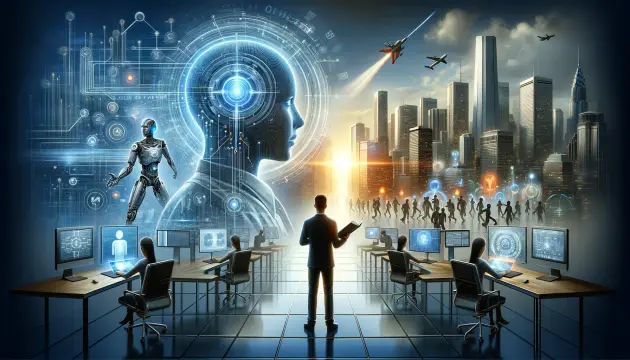
March 1, 2025
Artificial intelligence (AI) is transforming the workforce, automating processes, and enhancing efficiency. However, it is also reshaping employment patterns, raising concerns about job displacement. While certain jobs are being automated, new opportunities are emerging as the economy adapts. This article explores the impact of AI on job displacement, how industries are responding, government initiatives, and the future of work in the U.S.
The Impact of AI on EmploymentAI-driven automation has significantly changed industries, from manufacturing to finance. Repetitive and routine tasks are increasingly performed by machines, reducing demand for human labor in these areas. Some of the most affected sectors include:
Despite these disruptions, AI is also generating new roles that require human oversight, creativity, and problem-solving skills.
New Job Opportunities Created by AIWhile AI is displacing jobs, it is also creating opportunities in various fields, including:
To address job displacement, the U.S. economy is shifting toward innovation, reskilling, and new policies to support workers affected by automation.
1. Reskilling and Upskilling ProgramsPublic and private initiatives are investing in retraining workers for AI-related jobs. Examples include:
As AI reshapes employment, lawmakers are working to implement policies that protect workers and ensure fair labor practices. Recent policy discussions include:
Many businesses are integrating AI while maintaining or even expanding their workforce by focusing on AI-human collaboration rather than full automation. For example:
The workforce of the future will require adaptability, continuous learning, and a focus on human-centric skills that AI cannot easily replicate. Key trends shaping the future include:
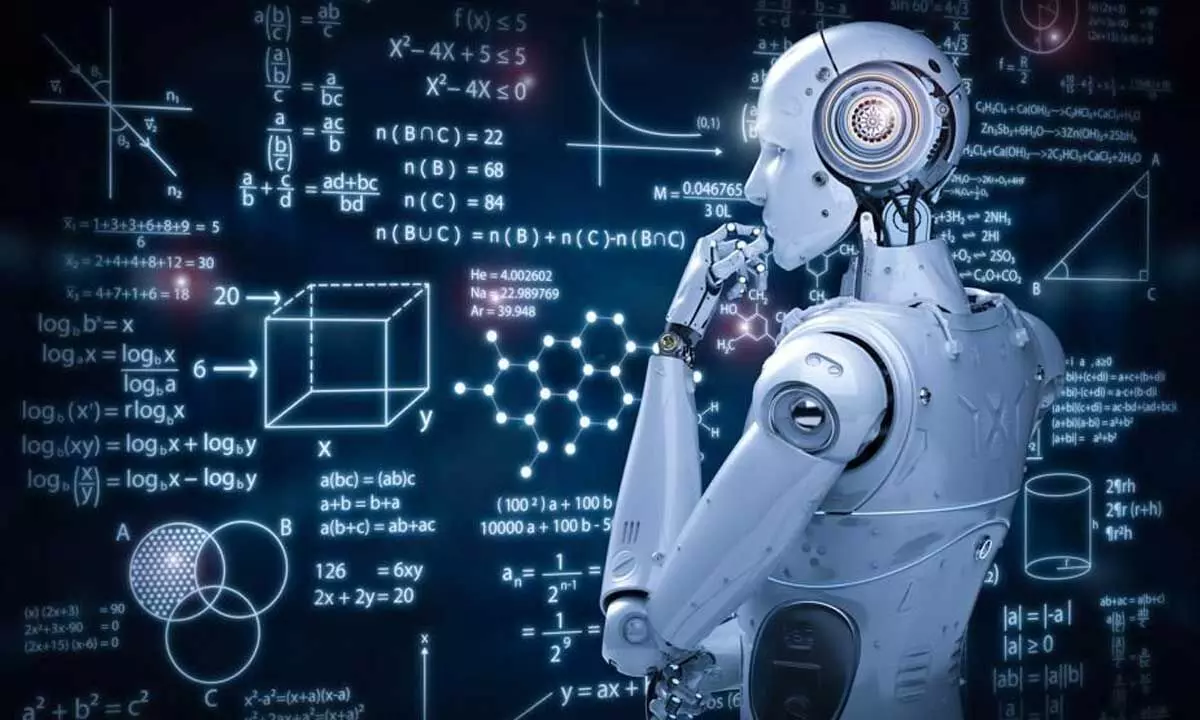
New AI Investment Guidelines: Impact on Tech Investors
The U.S. has introduced new guidelines for AI investments, aiming to address security concerns and market dynamics. Here's how the new rules will affect tech investors
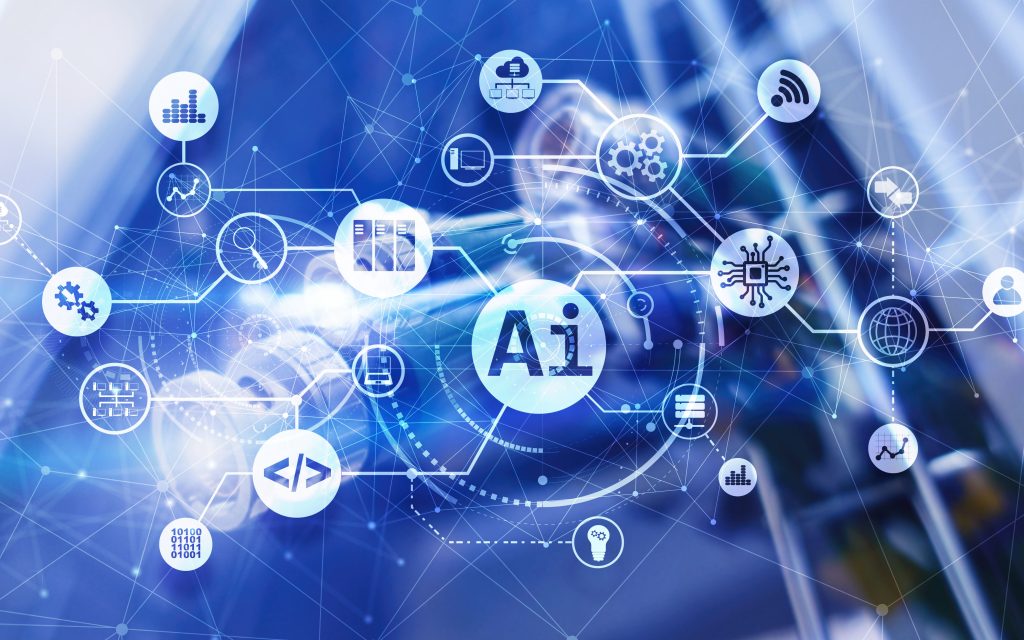
Biden Administration Unveils New AI Investment Regulations
The Biden administration has unveiled new regulations aimed at overseeing AI investments to ensure national security, ethical development, and responsible growth in the tech sector
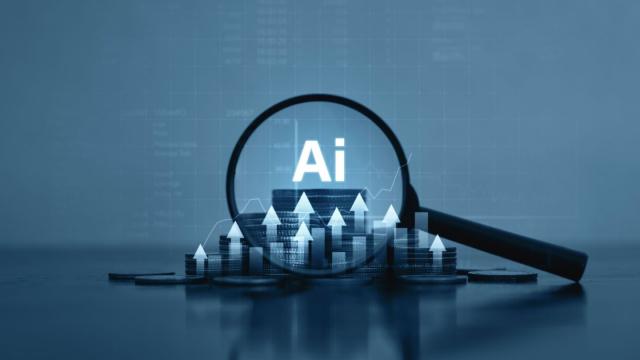
The US tightens AI investment regulations to curb foreign influence and strengthen national security
The US government has introduced stricter AI investment restrictions to prevent foreign influence in critical AI sectors. The new regulations aim to protect national security, enhance compliance measures, and promote domestic AI innovation. These changes will impact AI startups, investors, and international partnerships.
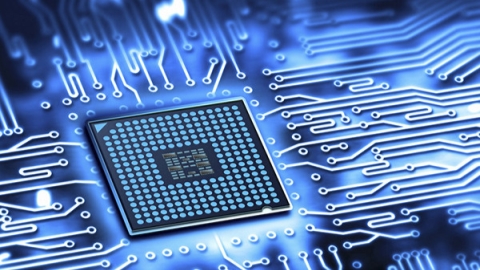
US to Restrict Foreign AI Investments
The U.S. government is exploring new policies to limit foreign investments in artificial intelligence (AI) technologies to safeguard national security and maintain technological leadership
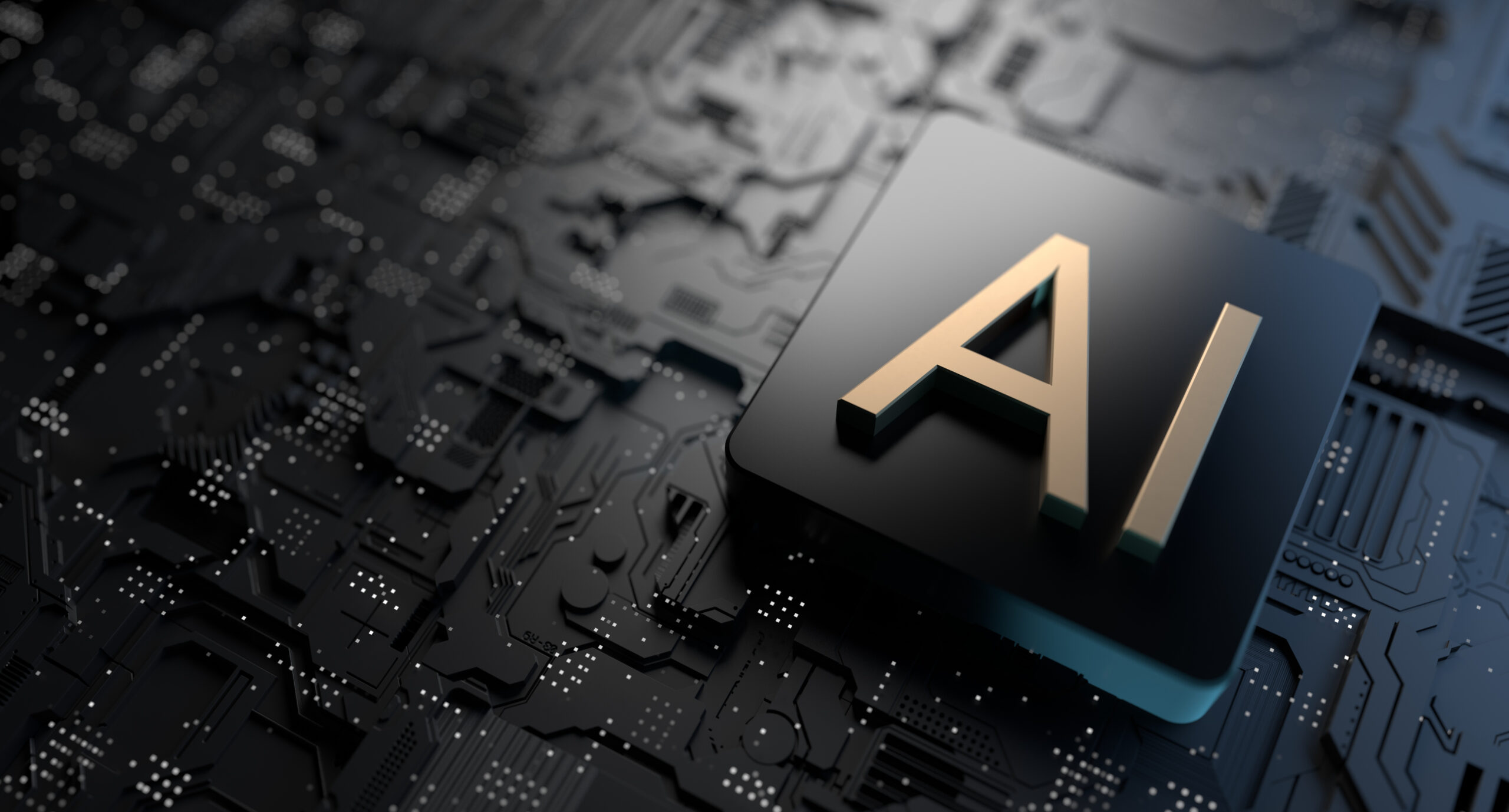
US AI Investment Rules Shake Global Markets
The U.S. government’s new regulations to limit foreign investments in AI technologies could disrupt global markets, reshaping investment flows, innovation, and competition
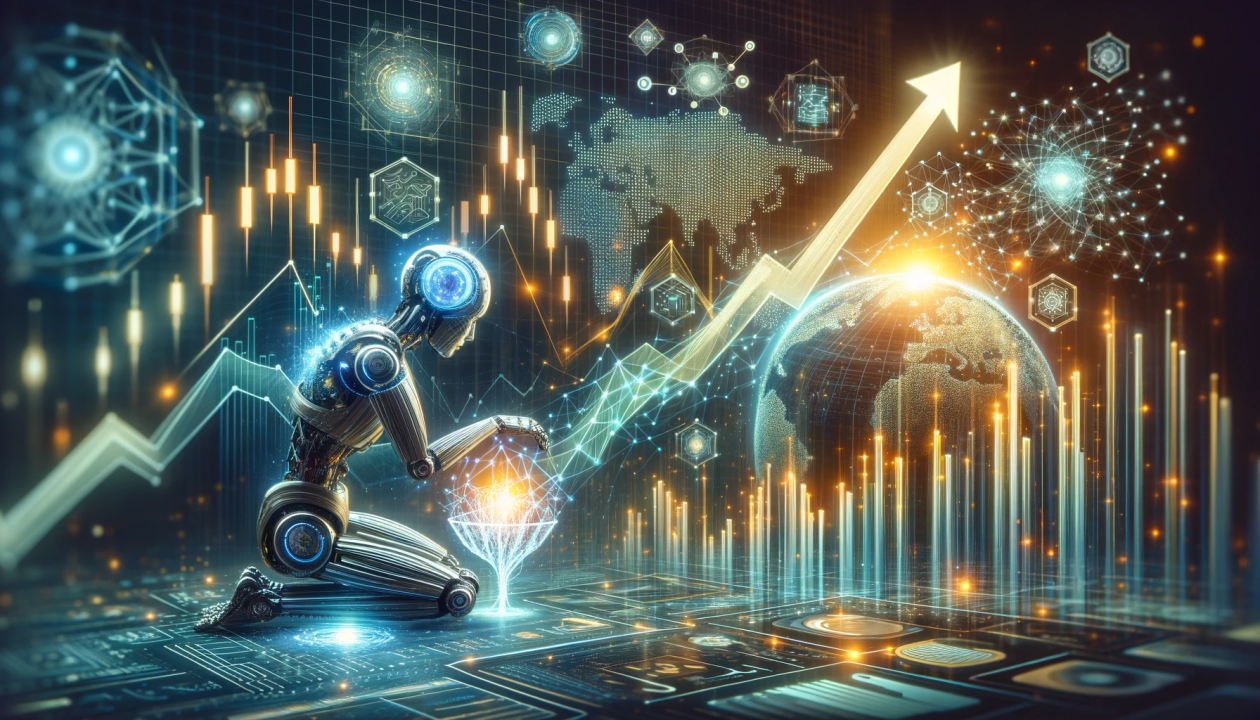
Economic Impact of US AI Investment Policy Changes
The U.S. government’s shift in policy to restrict foreign investments in AI technologies could disrupt both the U.S. economy and the global market, influencing technological progress and global competition
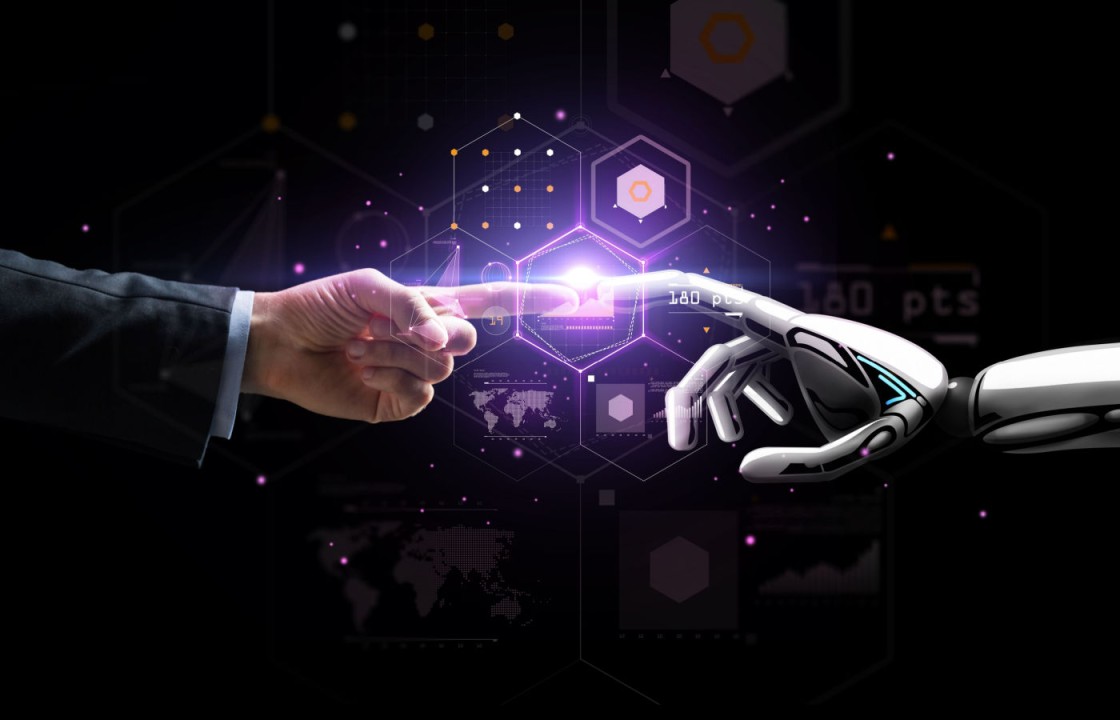
How U.S. Policies Are Shaping the Future of AI Investments
The U.S. government is introducing new investment policies to regulate AI growth, ensuring national security, ethical development, and responsible innovation
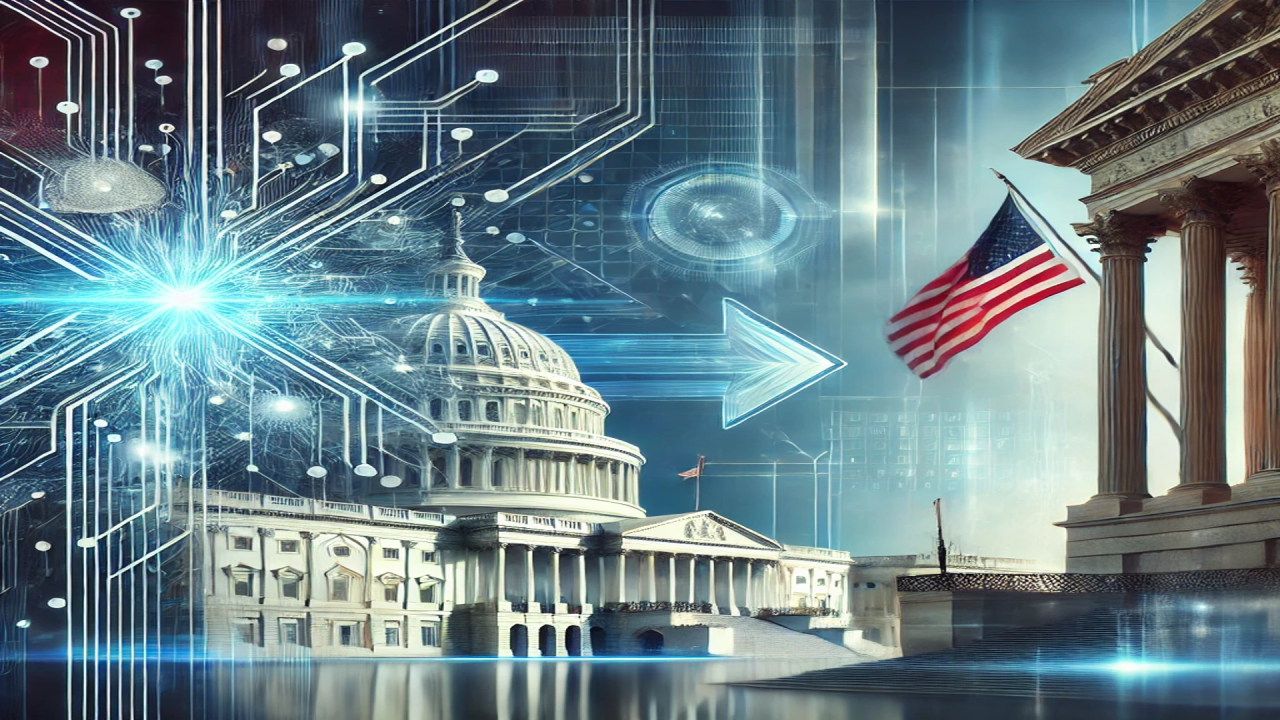
How the US is Regulating AI Investments for Security & Growth
The US government has unveiled new measures to regulate AI funding, focusing on national security, ethical AI development, and strategic investment control
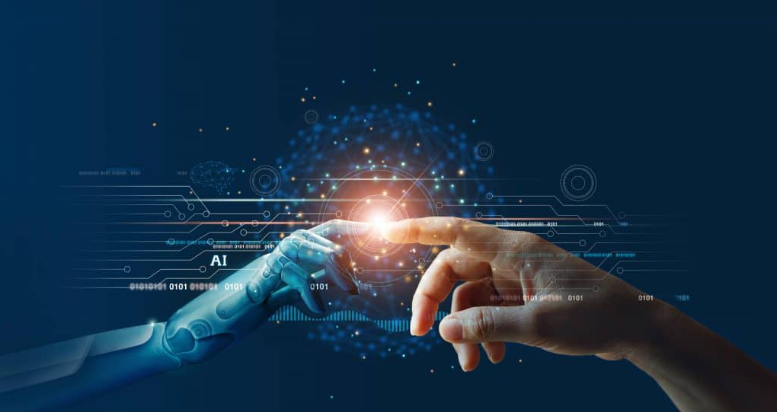
New regulations are reshaping AI investments, funding, and growth
New investment laws are set to reshape the AI industry, affecting funding, foreign investments, and innovation. Learn how these regulations impact AI growth
The Atlantic Daily
Get our guide to the day’s biggest news and ideas, delivered to your inbox every weekday and Sunday mornings. See more newsletters
.webp)
Ideas That Matter
Subscribe and support more than 160 years of independent journalism.
Subscribe